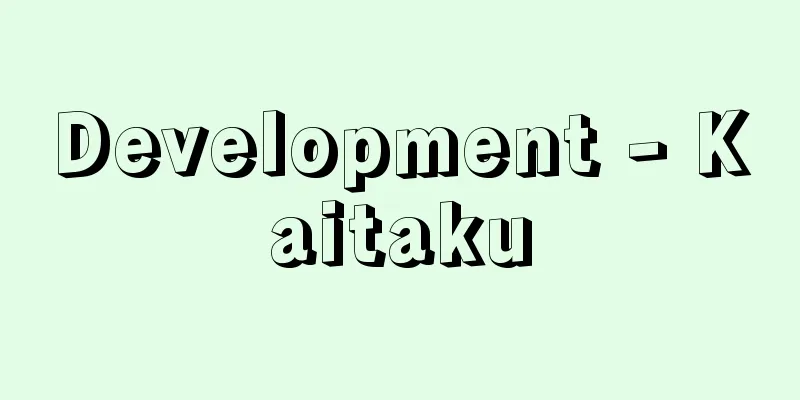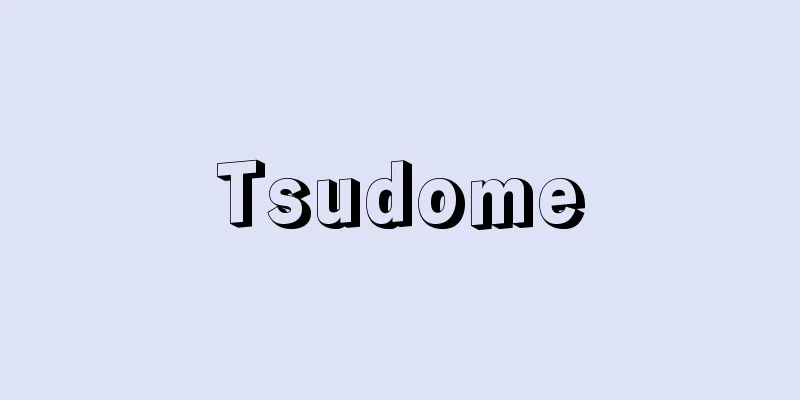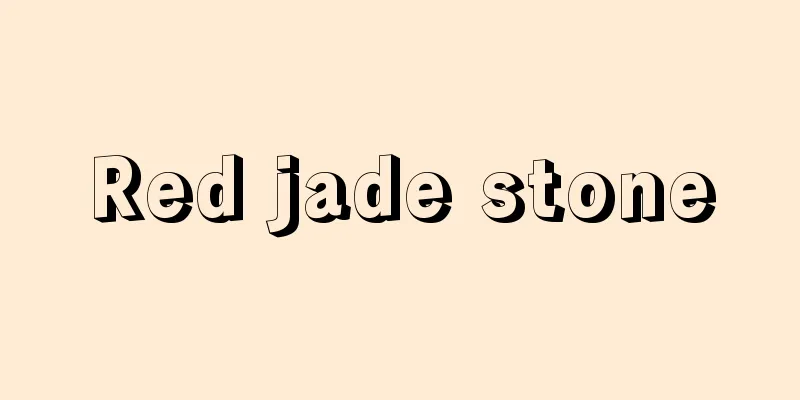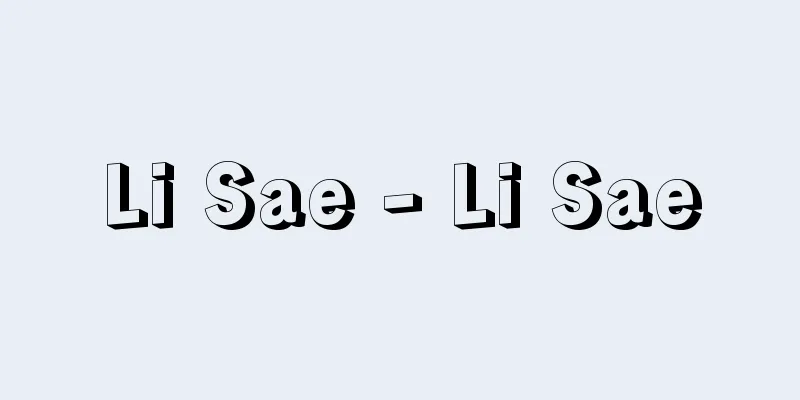Balance function test

|
This test is performed on patients who complain of dizziness, unsteadiness (balance disorder), or gait problems. Well-known locations where dizziness and balance disorders can occur are the ears, eyes, and the muscles and tendons of the legs. For example, disease of the vestibular canal in the inner ear can cause severe dizziness and balance disorders. Examples of phenomena involving the eyes include the feeling of unsteadiness when looking down from the roof of a tall building, and the dizziness that gets worse when a dizzy person closes their eyes. Source: Heibonsha World Encyclopedia, 2nd Edition Information |
|
めまいや身体のふらつき(平衡障害),あるいは歩行障害などを訴える患者に行われる検査。めまいや平衡障害を起こす場所としてよく知られているのは,耳,目および足の筋肉,腱などである。たとえば,耳の内耳にある前庭三半規管に病気が起こると,ひどいめまいや平衡障害を起こす。目が関係していることとしては,高いビルの屋上から下を見ると身体がふらつく感じが起こったり,めまいのする人が目を閉じるとめまいがひどくなるというような現象がある。
出典 株式会社平凡社世界大百科事典 第2版について 情報 |
Recommend
coal cleaning
…In the broad sense of coal washing, the central ...
Abe Yoriyasu - Abeno Yoriyasu
…A powerful clan leader in Mutsu Province during ...
Cratoxylon
...It is an evergreen shrub or small tree of the ...
ERP
- An abbreviation for Enterprise Resource Planning...
Pezophaps solitaria (English spelling)
...Later, at the end of the 16th century, the Dut...
Same Law - Doitsuho
〘noun〙① The same method. The same way. ② One of th...
Miraculous Tales of Jizo Bodhisattva
A collection of Buddhist tales from the Heian peri...
sexuality
…Sexual drive is a primary drive with a physical ...
Minamoto no Kaneyuki
Years of birth: Years of birth and death unknown. ...
Karasuma family
A descendant of Fuyutsugu of the Northern House of...
Oligochaeta
...A general term for annelids in the Oligochaeta...
Color Oshima - Color Oshima
…Production was temporarily halted during World W...
Steel beetle
...They appear from spring to autumn, gathering o...
dakhme
…Each of the six deities has a specific protectio...
Funambulus palmarum
…[Yoshiharu Imaizumi]. … *Some of the terminology...









